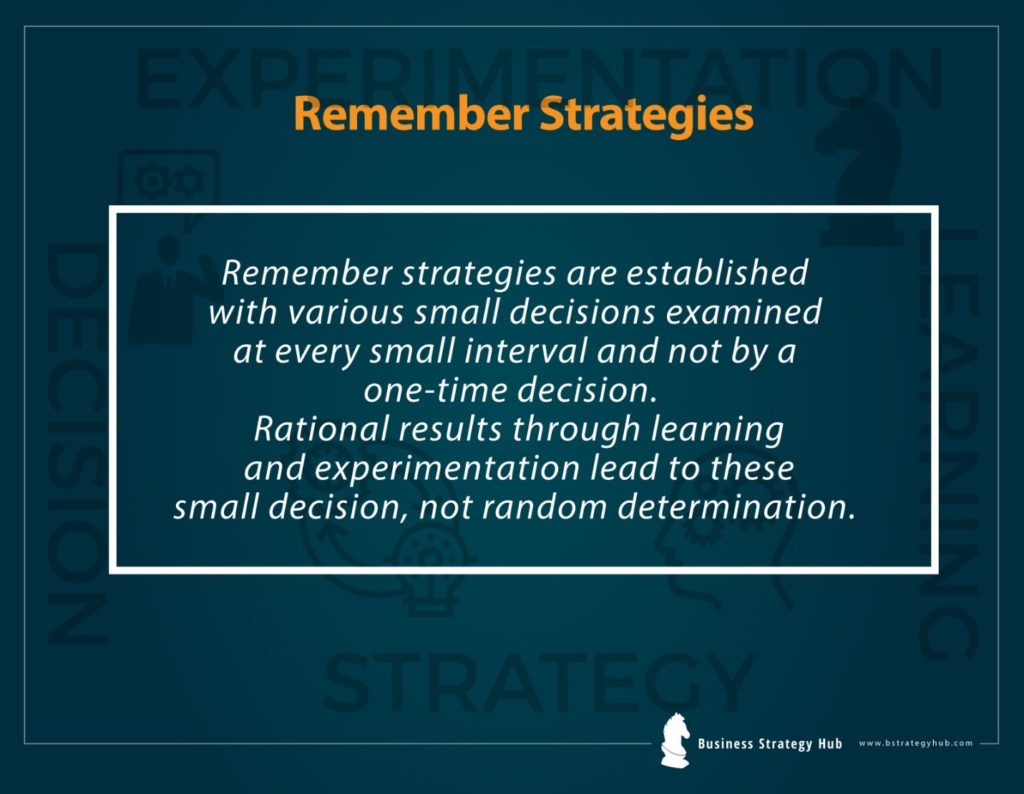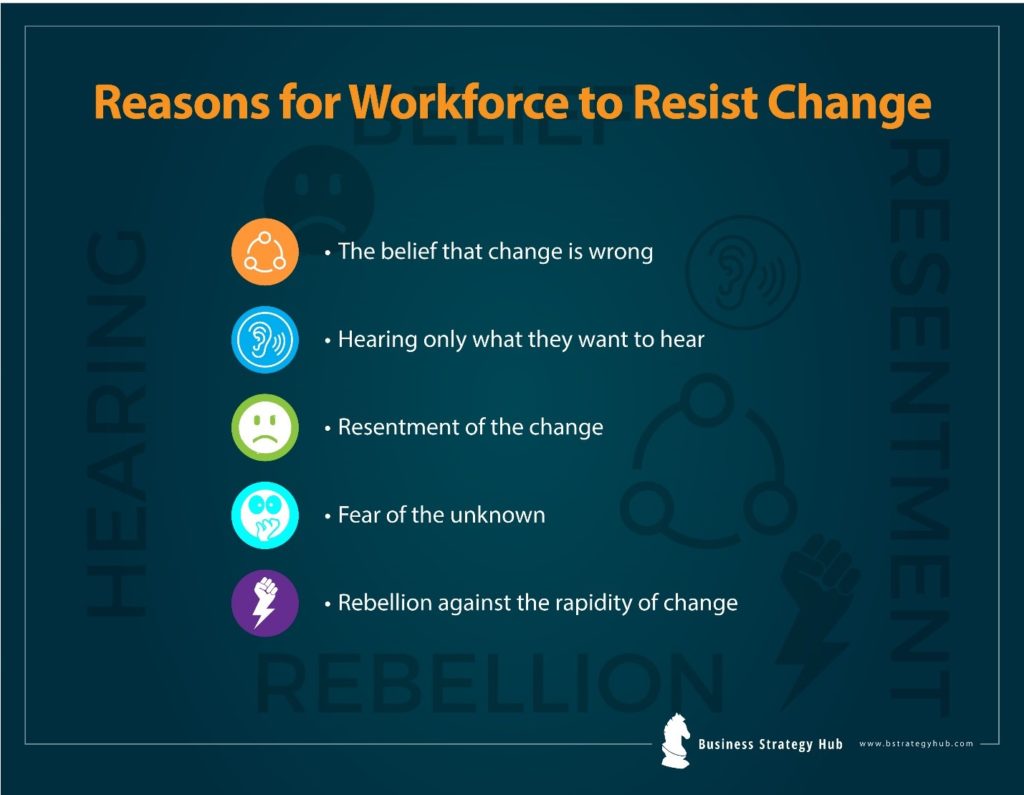Model Name : Logical Incrementalism
Author: James Brien Quinn
Year : 1980
Purpose : Take smaller steps and smaller decision to reach the organizational goal and be adaptive to change.
You might have heard the term “Logical Incrementalism,” but do you know where the concept is rooted? Well, it’s in rooted in Charles Lindblom who asserted that majority of organizations are deeply built upon their past actions in identifying their future course of action.
These past actions serve as a basis of the future of an organization. Since the resources of the organization are limited, actions that are a slight variant from the current state are the most economic ones.
Hence, most change is considered an expansion of the history of an organization or a succession of consecutive limited comparisons to past actions.
Quinn’s Logical Incrementalism
Quinn acknowledged the above-mentioned concept as “Logical Incrementalism”. He believed in a planned transformation and organized the transition. He further believed that:
- An effective manager or leader is the one who pushes the organization forward in small yet logical steps.
- Incremental change enhances the confidence amid employees and decreases organizational dependence on outsiders to give impetus for strategic change.
Why Should You Use Logical Incrementalism in Your Organization?
Quinn asserted that incrementalism is one of the most suitable models for the majority of the strategical changes. Wondering why it is so? Following are the reasons for it:
- It is more practical.
- It is more responsive to the uncertainty that comes with strategic challenges
- It responds to the reality of logical
- It embraces the practical theories and the power of the “Science of muddling through”
- It employs a real-options frame of mind that is well suited to handle extreme complexity, uncertainty, and progressively ‘evil’ nature of strategic issues.
- It adapts the functional and logical elements of formal, traditional analytical processes, and processes that determine and handle the psychological shifts and power inherent in strategic change.
The model demonstrates a natural process of change, the way it should happen. However, critics of this model view it as ineffective in general.
This model is most effective when used to bring a well-crafted plan into general acceptance.
Why do Workforce Resist Change?
When it comes to change and transformation, many employees resist it. Do you know why?
One of the top reasons is that the status quo is often too comfortable to accept the change. Other reasons include:
Something to Learn from Japanese Businesses
What makes Japanese businesses remarkably adaptive to change? Here are some definite features of the Japanese approach to change:
- Japanese manager is usually not reserved to make their team directly involved with the process of change from the very starting.
- Japanese managers tend to spend hours scrutinizing the problem, examining each potential solution and evaluating the results from any step they might take.
- Japanese organizations have fewer levels of management which stimulates communication to occur in all areas of the company.
- Japanese organizations don’t hold their employees responsible in case of problems during the process of change. Instead, they blame the system, the process or the management itself.
The Core Concept of Logical Incrementalism
If you are still unclear about the basic idea behind logical incrementalism, give me the privilege to explain it to you.
Logical incrementalism, in simple words, means that you don’t always have to plan everything. Follow your instincts and take actions on the basis of circumstances immediately surrounding you.
It is about attaining an organization’s goals by taking smaller steps and smaller decisions, as opposed to the bigger leaps and the complex approach of long-term planning.

Example of IKEA
What is the Critical Success Factor of IKEA – a Furniture Giant?
Yes, you guessed it right. IKEA has been using logical incrementalism since the opening of its very first store. Igvar Kamprad – the founder of IKEA, had powerful yet general vision.
From that, the strategy of IKEA slowly gets into shape as Kamprad proactively took action and reactively altered the circumstances as the situation unfolded. Even the decision to sell furniture was not a deliberate strategy, but an adaptation to the market.
But, how did it help the company? The answer is very clear. This “short-term agnosticism” enabled the company to swiftly turn an obstacle into an opportunity, whenever it stumbled across a hurdle.

What to take from IKEA’s approach?
In the world of business where you have been taught the virtues of envisioning the future and the importance of strategizing well and sticking to plans, I find the approach of IKEA to be unbelievably refreshing.
It is an example that proves a company can be successful without wasting time creating strategy roadmaps and envisioning the future.
However, it is crucial to keep in mind that this doesn’t mean changing the action plan. Companies that employ logical incrementalism depend on having a clear, strong and unified vision.
Hence, every single person in the organization must know where the ship is eventually headed, even if the interim direction is unclear.
Final Thoughts
Is strategizing and planning for every contingency an only way to succeed? Well, highly-envied and successful companies like IKEA have proved us that there is another way to success.
If successful companies can prove that the conventional wisdom can be wrong, then we should probably stop permitting it to generate the terror that holds us back from our business dreams.
References & more information
- https://www.12manage.com/description_logical_incrementalism.html
- https://fatierdogan.com/logical-incrementalism/
- https://www.strategy-implementation.24xls.com/en116
Tell us what you think? Did you find this article interesting?
Share your thoughts and experiences in the comments section below.













This is a very useful and educative piece of information.
Thank you, glad you liked it Felix!